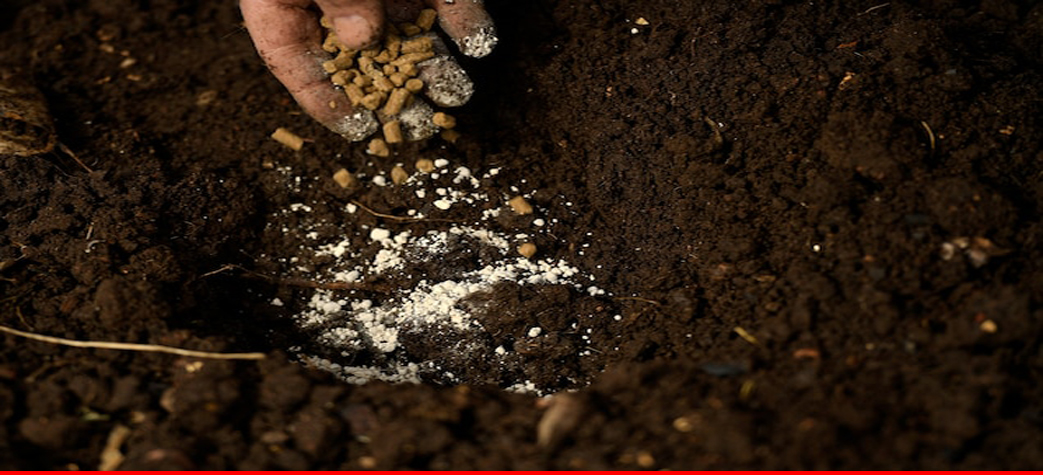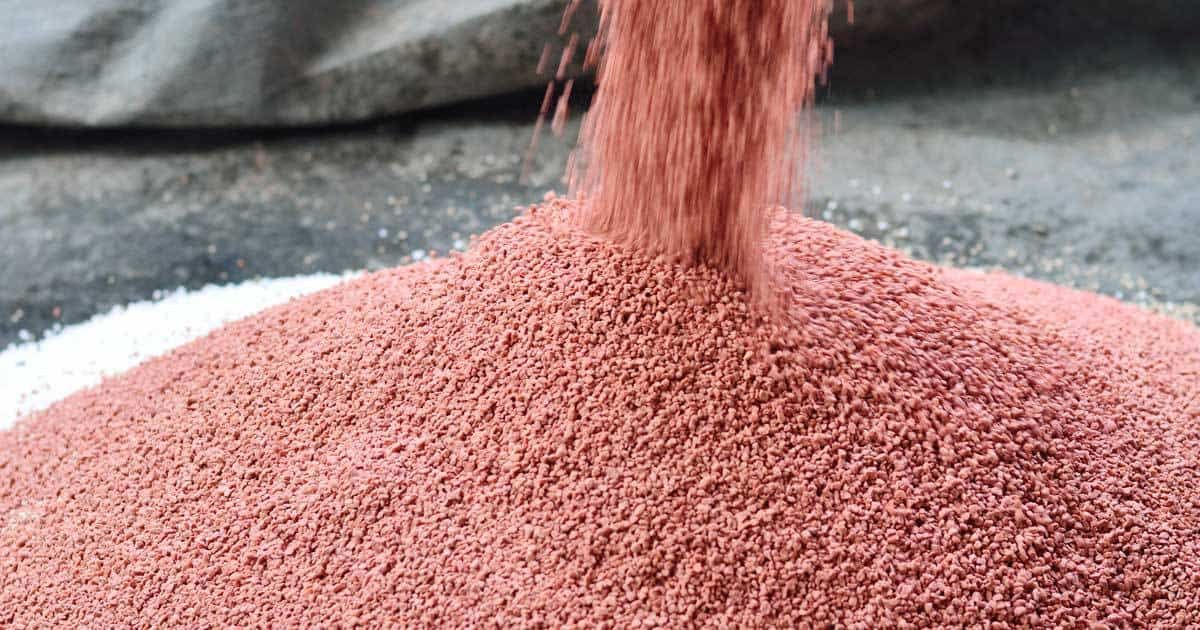
article on the benefits of using Rock Phosphate(RPP) as an organic fertilizer.
Rock Phosphate(RPP) is a valuable organic fertilizer that has been used for many years to improve soil fertility and crop yields. The main component of RPP is phosphorus, which is an essential nutrient for plants. It is commonly applied to acid podzolic, gray wooded, and bog soils, as well as on leached chernozems and red soils.
RPP is available in different grades, with the most common being BPL 28-32% P2O5. This grade contains 28% to 32% phosphorus pentoxide (P2O5), which makes it an ideal source for plants that require high levels of phosphorus. RPP also contains calcium oxide (CaO) which is essential for plant growth and development.
One of the main benefits of using RPP as an organic fertilizer is its slow-release nature. Unlike synthetic fertilizers, RPP releases nutrients slowly over time, which means that plants can absorb them more efficiently. This slow-release nature also reduces the risk of over-fertilization, which can lead to soil and water pollution.

Another benefit of using RPP is that it is a natural source of phosphorus. Synthetic fertilizers are made from non-renewable resources such as fossil fuels, which can have negative environmental impacts. RPP, on the other hand, is mined from natural deposits and can be replenished over time.
RPP is also a good option for farmers who are practicing organic farming. Organic farming relies on the use of natural fertilizers and pesticides to promote soil health and plant growth. RPP is a natural and organic source of phosphorus that can be used to support organic farming practices.
In addition to its benefits for plant growth, RPP also has several environmental benefits. By using RPP as an organic fertilizer, farmers can reduce their reliance on synthetic fertilizers which can have negative impacts on soil health and water quality. RPP is also less likely to contribute to greenhouse gas emissions, which are a major contributor to climate change.
Overall, Rock Phosphate(RPP) is a valuable organic fertilizer that offers numerous benefits to farmers and the environment. Its slow-release nature, natural source of phosphorus, and compatibility with organic farming practices make it an attractive option for farmers who are looking to improve soil fertility and crop yields.